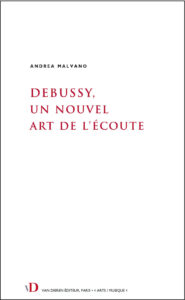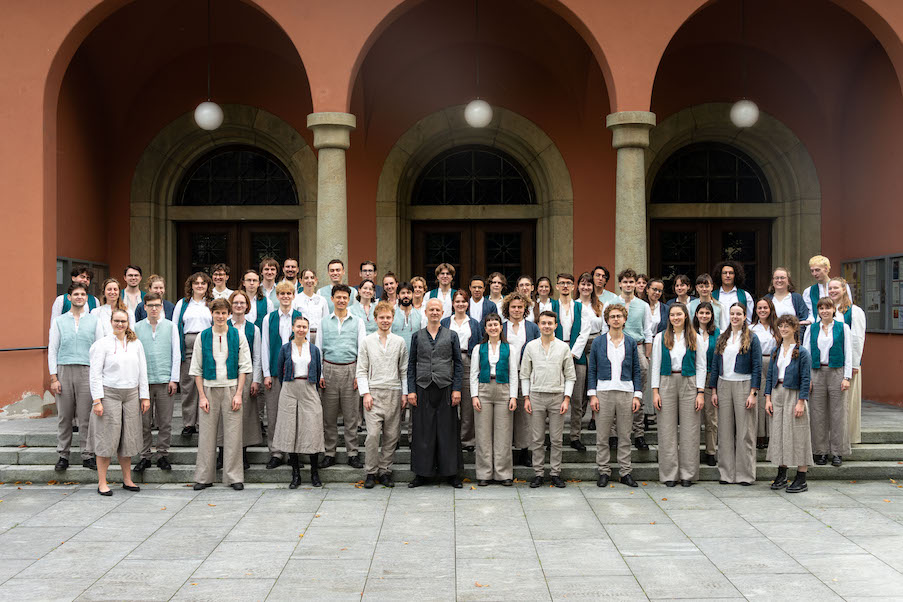Music of silence
Two recent works: a monograph presenting the life, thought and works of the Georgian composer Kancheli, and an essay on the reception of Debussy's work.

Having been trained in a vacuum within the Soviet artistic world, Georgian composer Giya Kancheli, who died in 2019 at the age of 84, took advantage of the thaw to write a few avant-garde scores, before finding his own style: modal music, deeply melancholy, deliberately simple, in which silences play a fundamental role, slow to the point of suspending all perception of time, often refined and interiorized, with extreme dynamic contrasts and veritable explosions of sound. He was notably influenced by Bartók, Shostakovich, Stravinsky and, of course, Georgian folk music, but also by jazz and film music (by Nino Rota, among others). Best known for his orchestral works, in particular a cycle of seven symphonies, alternating lyrical, mysterious, meditative and epic passages, and numerous concertante pieces, including Mourned by the Wind He is also the author of a considerable number of works for film and theater. Long a specialist in Nordic music, the author of this monograph, Jean-Luc Caron, is a long-standing admirer of the Tbilissian, who emigrated (not exiled) to Berlin and then spent a quarter of a century in Antwerp, and whose rich humanist, mystical rather than religious personality, reflections and compositions, more than 80 of which are the subject of descriptive notes, he makes us appreciate. His book contains abundant appendices, including a catalog of works, a selective discography and a biographical dictionary of key figures connected with Kancheli.
With little patience for descriptive symphonic poems that follow a program step by step, or for Wagnerian operas with leitmotifs imposing a grid for reading the action in progress, Debussy preferred to leave his listeners complete freedom of imagination, allowing them, by means of an unconditioned unconscious, to experience the sensations of subtle effluvia or to conceive hidden correspondences, without any constraints or marked paths. This new art of listening ran counter to the habits of the time and came as a surprise to Debussy's contemporaries, causing difficulties in the perception of some of his works. To understand this misunderstanding of Debussy's poetics, Andrea Malvano's detailed essay takes an innovative two-pronged approach to three major compositions (Nocturnes, La Mer and Iberia) by studying their reception and musical analysis of the scores. This makes it all the more clear why the author of Prelude to L'Après-midi d'un faune asked for "a little good will" from an audience he hoped would be delicate and far from vulgar.
Jean-Luc Caron: Giya Kancheli - Les méditations musicales d'un sage, 350 p., € 36.00, Editions l'Harmattan, Paris 2023, ISBN 978-2-14-030630-3
Andrea Malvano: Debussy, un nouvel art de l'écoute, 270 p., € 25.00, Van Dieren Editeur, Paris 2022, ISBN 978-2-37466-024-0








